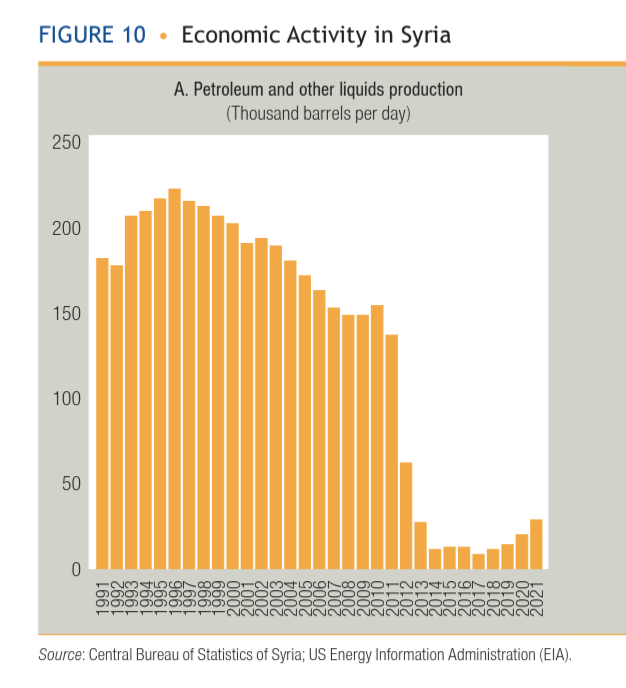Jordanians want sanctions on Syria lifted
Jordan's exports to Syria increased by 23% during the first 7 months of 2022, but are not close to prewar levels.
Jordanian economists demand that the Caesar Act that disrupted trade be lifted.
ammannet.net/english/jordan…
Jordan's exports to Syria increased by 23% during the first 7 months of 2022, but are not close to prewar levels.
Jordanian economists demand that the Caesar Act that disrupted trade be lifted.
ammannet.net/english/jordan…
“The international sanctions on #Syria must be lifted, and Jordanian-Syrian economic relations must return to the status quo ante,” wrote Musa Al Saket, a member of the Amman Chamber of Commerce.
“The sanctions are unfair to our economy & the Syrian people,” he wrote. “Twelve years since the war broke out, more than 90% of the #Syria population lives below the poverty line, with limited access to food and medicine. This is a major catastrophe,” Saket added:
Faisal Al-Shboul, government spokesman:
#Jordan's priorities are that "the situation in #Syria should stabilize, the crisis should end, and the people there should decide on their future," he said.
“This crisis had and continues to have repercussions.
#Jordan's priorities are that "the situation in #Syria should stabilize, the crisis should end, and the people there should decide on their future," he said.
“This crisis had and continues to have repercussions.
We have 1.3 mil. Syrian refugees to whom #Jordan provides healthcare & educ. despite limited resources, such as water,” Shboul added.
“The intern'l community has failed us in responding to the #Syria crisis, as its annual contribution is no more than 23% of the required amount"
“The intern'l community has failed us in responding to the #Syria crisis, as its annual contribution is no more than 23% of the required amount"
By Mohammad Ersan
Translated by @matthew_petti
Translated by @matthew_petti
• • •
Missing some Tweet in this thread? You can try to
force a refresh

 Read on Twitter
Read on Twitter








